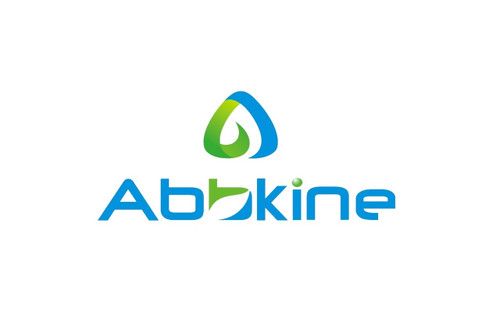Product Description
Mouse Procollagen C-endopeptidase enhancer 1 (PCOLCE) ELISA Kit | AE60163MO | Abebio
Species Reactivity: Mouse (Mus musculus)
Abbreviation: PCOLCE
Alternative Name: PCPE; PCPE1; procollagen C-proteinase enhancer 1|procollagen; type 1; COOH-terminal proteinase enhancer
Application: ELISA
Range: 0.625-40 ng/mL
Sensitivity: 0.285 ng/mL
Intra-Assay: ≤5.3%
Inter-Assay: ≤9.9%
Recovery: 1, 06
Sample Type: Serum, Plasma, Other biological fluids
Detection Method: Sandwich
Analysis Method : Quantitive
Test Principale: This assay employs a two-site sandwich ELISA to quantitate PCOLCE in samples. An antibody specific for PCOLCE has been pre-coated onto a microplate. Standards and samples are pipetted into the wells and anyPCOLCE present is bound by the immobilized antibody. After removing any unbound substances, a biotin-conjugated antibody specific for PCOLCE is added to the wells. After washing, Streptavidin conjugated Horseradish Peroxidase (HRP) is added to the wells. Following a wash to remove any unbound avidin-enzyme reagent, a substrate solution is added to the wells and color develops in proportion to the amount of PCOLCE bound in the initial step. The color development is stopped and the intensity of the color is measured.
Product Overview: These precursors contain amino- and carboxyl-terminal peptide extensions known as N- and C-propeptides, respectively, which are cleaved, upon secretion of procollagen from the cell, to yield the mature triple helical, highly structured fibrils. In the mouse, procollagen C-proteinase depends for full expression upon the presence of either a 55-kD glycoprotein or smaller 36- and 34-kD proteolytically processed forms of the same protein. None of the 3 enhancer proteins exhibits intrinsic procollagen processing activity, but all are capable of enhancing the activity of the C-proteinase by approximately one order of magnitude. type I procollagen COOH-terminal proteinase enhancer, a glycoprotein that binds to the COOH-terminal propeptide of type I procollagen and enhances C-proteinase activity, from mouse fibroblast culture medium.
Stability: The stability of ELISA kit is determined by the loss rate of activity. The loss rate of this kit is less than 5% within the expiration date under appropriate storage condition. The loss rate was determined by accelerated thermal degradation test. Keep the kit at 37°C for 4 and 7 days, and compare O.D.values of the kit kept at 37°C with that of at recommended temperature. (referring from China Biological Products Standard, which was calculated by the Arrhenius equation. For ELISA kit, 4 days storage at 37°C can be considered as 6 months at 2 - 8°C, which means 7 days at 37°C equaling 12 months at 2 - 8°C) .
 Euro
Euro
 USD
USD
 British Pound
British Pound
 NULL
NULL








